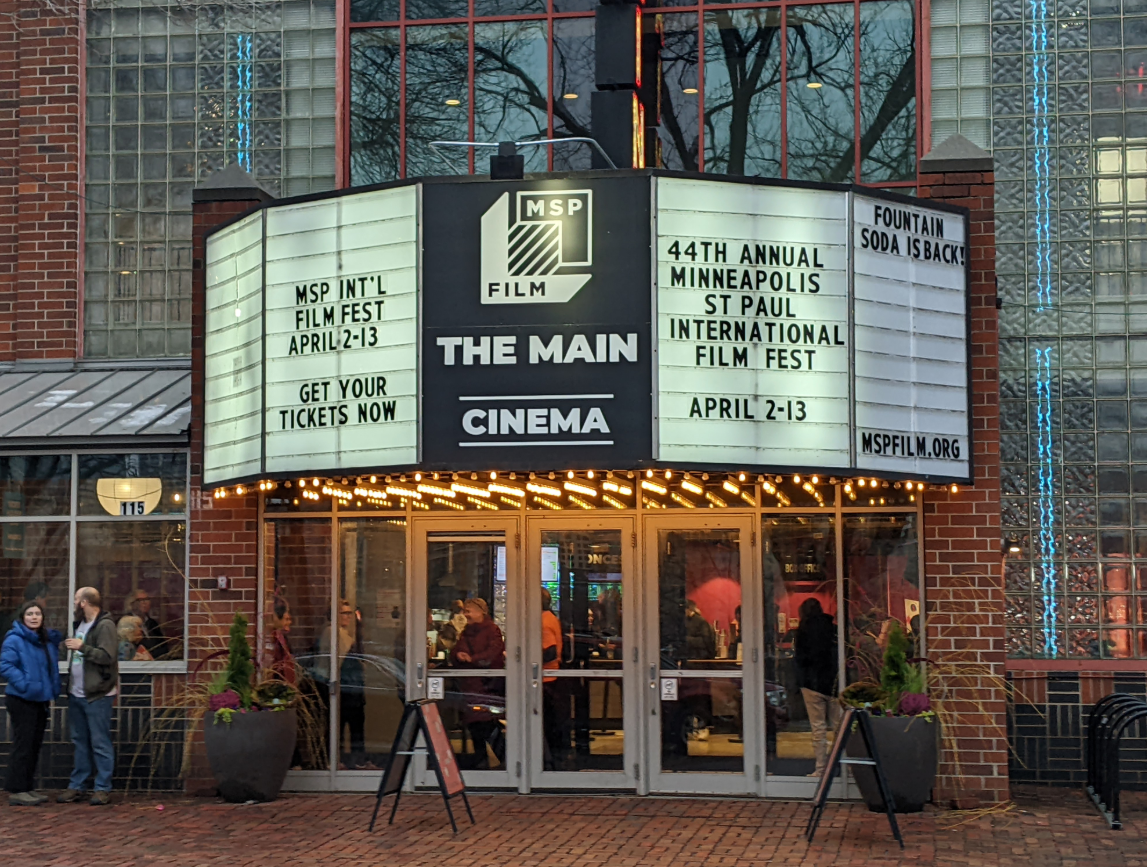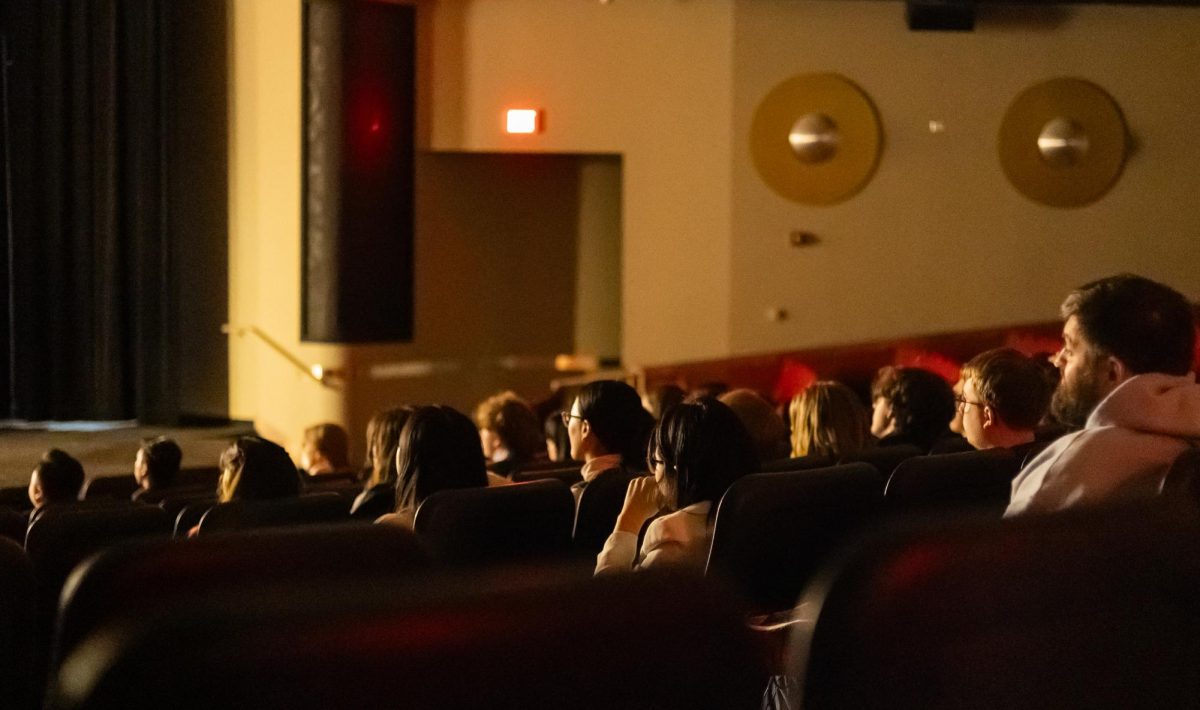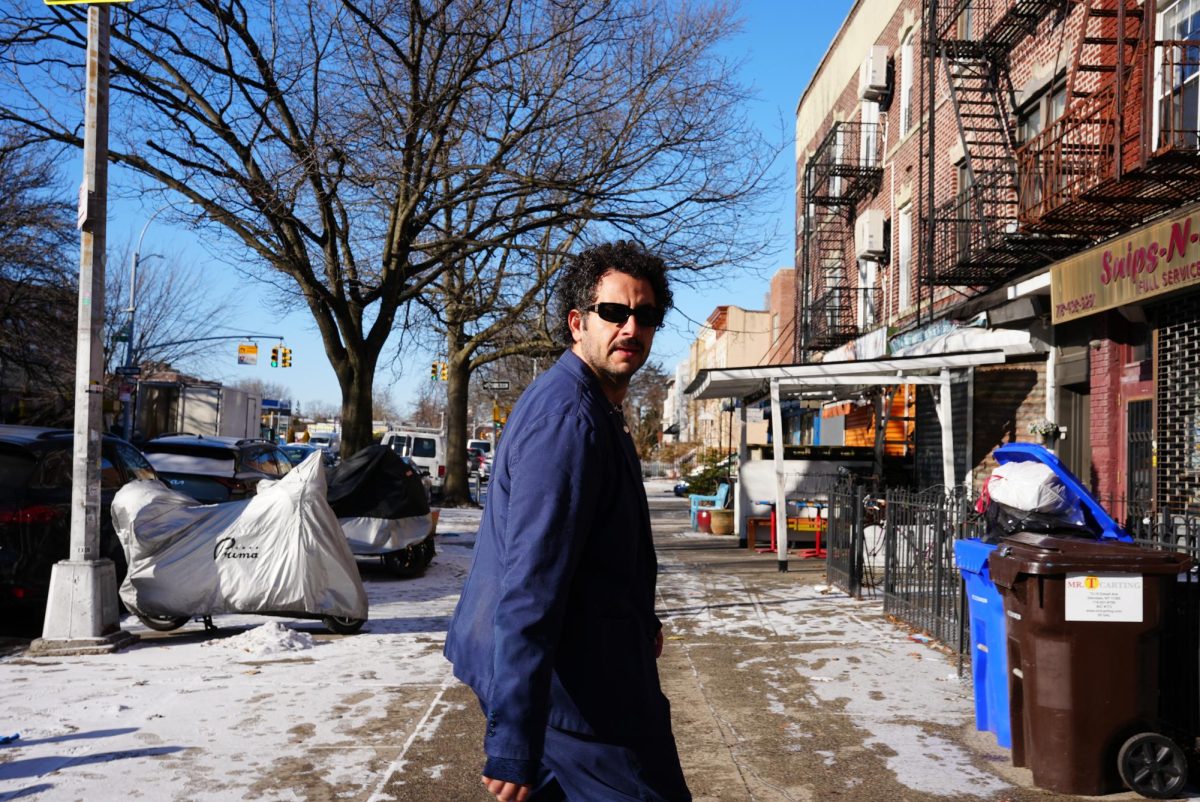If Chekhov isn’t broke, don’t fix him.
Theatre in the Round’s production of an adapted “The Cherry Orchard” does the best it can with a script that sporadically mixes classical language with modern speech.
“The Cherry Orchard” is a farcical look at a Russian family about to lose its precious estate and beloved orchard. The financially strapped owner and her daughter return after five years abroad, absolutely positive there’s a way to save the land from a peasant-turned-businessman, determined to turn the land into summer cottages. In order to do this, though, he has to level the family’s famous, age-old cherry orchard.
A character, whom we discover is prone to random speeches, launches into a monologue reminiscent of a flowing, beautifully-written Shakespeare scene. When he finally finishes his ode to a bookcase, the other characters continue speaking in present-day style, leaving the audience wondering where in the heck that speech came from.
It’s not that it’s an adaptation of a poorly written work. Anton Chekhov’s “The Cherry Orchard” premiered in 1904 and is considered one of the finest plays in modern drama. Emily Mann, who wrote the adaptation and is Princeton’s artistic director for the McCarter Theatre, earned a master’s from the University. Her adaptation also contains a scene between the governess and a valet that was originally omitted against Chekhov’s wishes.
Sally Ann Wright gives a powerful performance as Lyubov, the estate owner – a fluttery, wide-eyed, painfully truthful woman.
Rather than falling into the trap of venting her anger by wailing and raising her arms to heaven, Wright plays the part with remarkable control and understanding, giving her character dimensions both wide and deep.
Laura Respess is wonderful as Varya, Lyubov’s strait-laced, uptight adopted daughter, and Michael Jensen is great
as the prissy brother. Alexander Gulck is entertaining as the pitiful, love-struck, walking disaster of an accountant who earns sympathetic laughter for his pathetic woe-is-me take on life.
While individual performances are notable, some interactions among the characters are often stilted, if not downright uncomfortable. Stage directions should be invisible; the audience shouldn’t see an actor think about, and then jerkily perform, the movement.
What viewers (and critics) must remember is that Theatre in the Round – and other community theater – is not Broadway. It is, by nature, experimental; yet ain’t nobody supposed to mess with the words of Chekhov, not even some lady from Princeton.
One might as well try to turn operas like “Carmen” or “The Marriage of Figaro” into rap.







